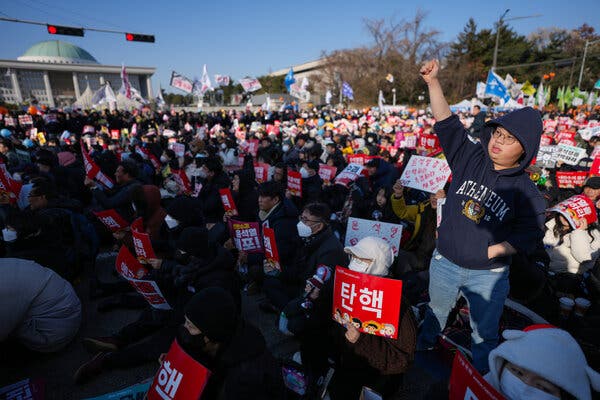In both cases of plans targeting Sikh separatists, suspicions of New Delhi’s involvement have arisen. That has put India in a tight diplomatic position.

In a week of geopolitical intrigue, in which Canada broadened its accusations that India was plotting to kill Sikh citizens on its soil and the United States provided incriminating evidence in a similar case, one episode caused a furious rift and the other a more judicious response.
Both investigations pose a conundrum for India.
On Monday, with tensions high, Ottawa expelled six top Indian diplomats, accusing them of being part of a broad criminal network to intimidate and harass Canadian Sikhs. The dispute started last year when a Sikh cleric was fatally ambushed in British Columbia, and Canada pointed fingers at New Delhi.
Indian officials vehemently denied involvement, and have steadfastly argued that they cannot respond to Canada’s accusations unless it offers supporting evidence.
Yet India has been far more accommodating of requests from U.S. federal prosecutors to help in their investigation of a plot to kill a Sikh activist in New York. Indian officials said a “high-level” committee was assisting the Americans.
The reason, analysts say, is basic geopolitics.
“Justin Trudeau and Canada are relative lightweights the Indian government can afford to take liberties with,” said Bharat Karnad, an Indian national security expert affiliated with the New Delhi-based Center for Policy Research.
“But there is a price to pay for alienating Washington,” Mr. Karnad said, particularly given Prime Minister Narendra Modi’s “foreign policy pivoting on close relations with America.”



